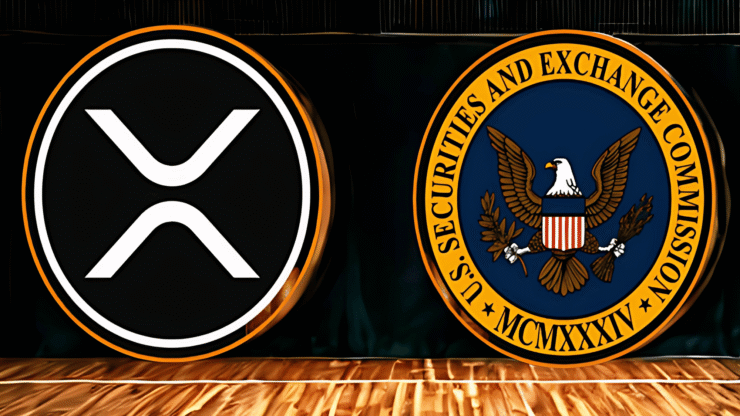The long-running legal standoff between Ripple Labs and the U.S. Securities and Exchange Commission has hit another procedural snag after a federal judge rejected their joint motion for an indicative ruling—stalling efforts to finalize a reduced penalty and remove key restrictions.
Judge Analisa Torres of the Southern District of New York denied the request on Thursday, calling it “procedurally improper.” The motion, filed jointly by Ripple and the SEC last week, sought a non-binding opinion on whether the court would support vacating Ripple’s August 2024 injunction and reducing its financial penalty from $125 million to $50 million—terms already embedded in a tentative settlement.
However, because the case is currently under appeal before the Second Circuit, the district court lacks jurisdiction to rule. Federal Rule 62.1 allows a judge to indicate how they might rule if jurisdiction were restored—but even under that standard, Judge Torres noted that neither party addressed the “heavy burden” required under Rule 60 to modify a final judgment.
The rejection keeps Ripple’s regulatory restrictions in place and prolongs uncertainty around the company’s legal standing. The August injunction currently bars Ripple from violating U.S. securities laws and has been a key obstacle in its broader campaign to clear its regulatory record.
Parties Expected to Refile as XRP Slips on News
With the motion denied, both Ripple and the SEC are expected to revisit their procedural approach in hopes of refiling under the appropriate legal framework. Had the ruling gone in their favor, the parties planned to request a limited remand from the Second Circuit, allowing the lower court to formalize the settlement.
Ripple’s Chief Legal Officer, Stuart Alderoty, downplayed the impact of the ruling, writing on X: “Nothing in today’s order changes Ripple’s wins.” He signaled that both sides will return with a corrected filing once procedural issues are resolved.
Legal analysts agree the denial is not fatal, but a delay caused by technical missteps. Crypto attorney Fred Rispoli explained on X:
“The meaning here is that the parties didn’t request relief under the right rule of civil procedure… They will refile it under the correct rule but, reading between the lines, Ripple and the SEC need to get on all fours and beg for relief.”
The case, now entering its fourth year, continues to shape the legal future of crypto. Originating in 2020 from an SEC lawsuit accusing Ripple of selling unregistered securities via XRP, the battle has become a key test case for how digital assets are treated under U.S. law.
Shifting Regulatory Winds Under Trump Administration
The Ripple-SEC clash has taken on new complexity amid shifting regulatory tone under the Trump administration. With new leadership at the SEC, the agency has begun softening its enforcement posture. Notably, recent charges against Coinbase and Kraken have been dropped or reduced, fueling hopes that a more crypto-friendly era is underway.
Still, legal observers caution that procedural clarity remains critical—even in a more favorable climate. Without a clear ruling on Ripple’s remaining restrictions, both the company and the broader XRP market remain in a holding pattern.
As of Friday afternoon, XRP fell 1.5% on the news, trading at $2.43 according to CoinGecko, as investors reacted to the delay and ongoing legal uncertainty.
Quick Facts
- Judge Analisa Torres denied the SEC-Ripple joint motion due to procedural missteps, citing lack of jurisdiction and failure to meet Rule 60 standards.
- The motion sought to reduce Ripple’s $125M fine to $50M and lift its securities injunction—terms already outlined in a tentative settlement.
- Ripple and the SEC are expected to refile under the correct legal rule, with analysts calling the setback a fixable error, not a case-ending development.
- XRP fell 1.5% following the news, reflecting market jitters amid continued legal delays.





